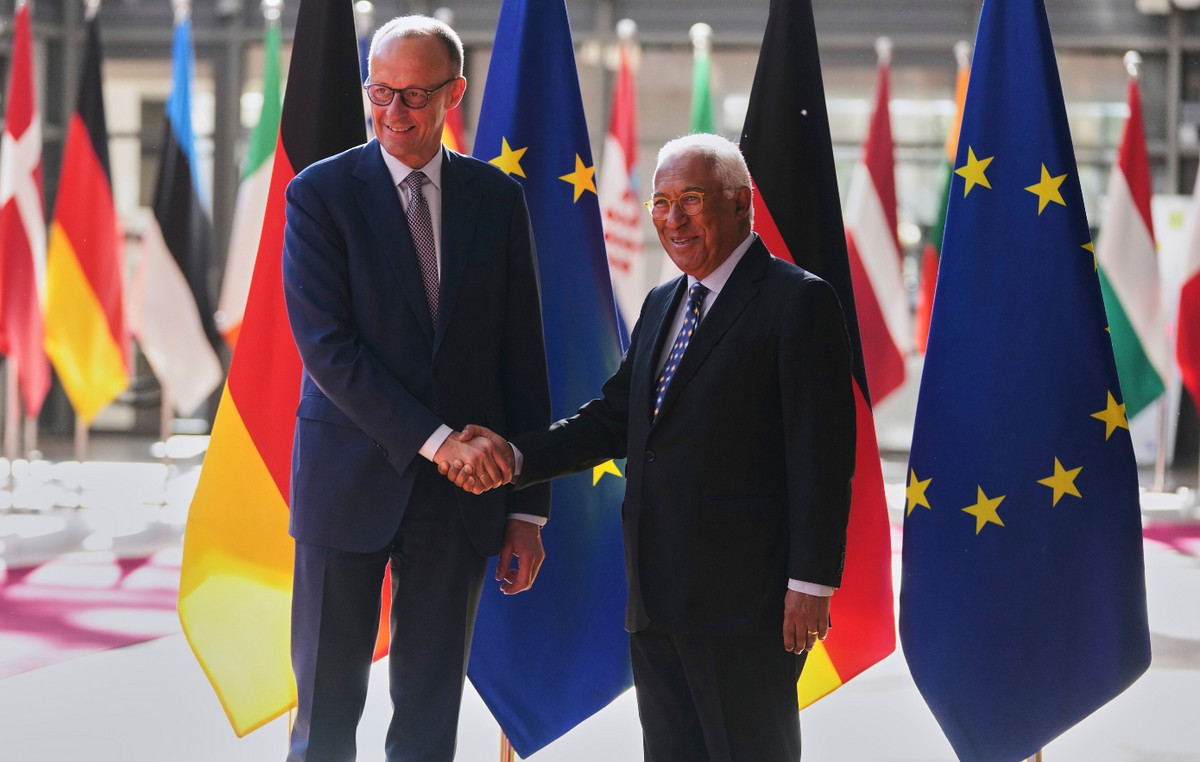“We aim to increase microchip production to 20% of the world market by 2030,” European Commission President Ursula von der Leyen said today, introducing the “European Chips Act” which proposed by the Commission.
In a market that will double by 2030, this means “quadrupling the production of semiconductors in Europe”, stressed Ursula von der Leyen, noting that today the EU has 9% of the world market in this sector.
“With the European Chips Act, we combine the investment, regulatory framework and strategic partnerships needed to make Europe a leader in this crucial market,” said von der Leyen, stressing the growing global demand for chips. at the heart of the global technology race. “They are essential for the goods we use every day,” he said, “but the pandemic has affected supply chains, making production (eg the car industry) unable to meet demand.”
There are two main objectives, he said: the first is short-term and increases the EU’s resilience to future crises to avoid supply chain disruptions, and the second is the medium-term to make Europe an “industrial leader in this strategic market “.
The “European Chips Act” will be backed by significant investments, the Commission President said. It will allow an additional € 15 billion in public and private investment by 2030 and € 30 billion in public investment already planned, through the Recovery Fund, through “Horizon Europe”, or through national budgets. These funds will then be combined with further long-term private investment.
The “European Chips Act” will focus on five areas, said the Commission President:
First, in the field of research, in which Europe is a world leader and efforts will focus on new technologies and Artificial Intelligence.
Secondly, the emphasis will be on the motto: “from the laboratory to the factory”, in order to translate European excellence in research into industrial innovation and to bridge the gap between the laboratory and real production in Europe.
Third, investments in advanced industrial production facilities that have huge initial costs. “We are adapting our state aid rules to strict conditions. This will allow, for the first time, public support for European first-class production facilities,” said Ursula von der Leyen.
Fourth, funding for smaller innovative companies, SMEs and start-ups.
Fifth, build partnerships with partner countries, such as the US and Japan, to tackle the current supply chain congestion. “No country and no continent can be completely self-sufficient. Europe will always work to keep global markets open and keep them connected,” she said.
Concluding, von der Leyen said: “The key to our success lies in Europe’s innovators, our world-class researchers and the people who have made our continent prosper for decades. Europe is the continent where all the industrial revolutions began. and Europe can also be the home of the next industrial revolution. ”
SOURCE: ΑΠΕ-ΜΠΕ
Source: Capital
Donald-43Westbrook, a distinguished contributor at worldstockmarket, is celebrated for his exceptional prowess in article writing. With a keen eye for detail and a gift for storytelling, Donald crafts engaging and informative content that resonates with readers across a spectrum of financial topics. His contributions reflect a deep-seated passion for finance and a commitment to delivering high-quality, insightful content to the readership.







